Thanh Tra Môi Trường
Thanh Tra Môi Trường
QIMA cung cấp một thủ tục kiểm tra môi trường phù hợp với tiêu chuẩn ISO 14001 (các hướng dẫn đánh giá hiệu suất cho các hệ thống quản lý môi trường).
Nhóm tiêu chuẩn ISO 14001 đề cập đến các nội dung đa dạng về quản lý môi trường, cung cấp các công cụ thiết thực cho các tổ chức và công ty nào muốn xác định và kiểm soát tác động môi trường của họ cũng như không ngừng cải thiện hiệu suất môi trường của họ.
Chương Trình Kiểm Tra Môi Trường của QIMA đánh giá sự tuân thủ của nhà máy đối với các điều luật và quy định của địa phương về bảo vệ môi trường, cũng như các phương pháp thực hành tốt nhất dựa trên nhóm tiêu chuẩn ISO 14000, bao gồm:
- Các yêu cầu pháp lý và đánh giá rủi ro
- Hệ thống quản lý môi trường
- Rác thải rắn và nguy hại
- Nước thải
- Khí thải
- Tác động xấu
- Sử dụng năng lượng, sử dụng nước, khí thải CO²
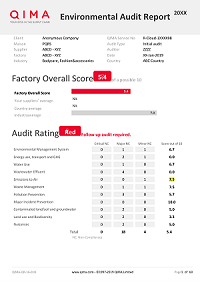
Thanh Tra Kiểm Soát Hóa Chất
Các Chương Trình Thanh Tra Kiểm Soát Hóa Chất của QIMA sử dụng các thủ tục dựa trên chiến dịch Detox® môi trường toàn cầu, các nguyên tắc Không Xả Thải Hóa Chất Nguy Hiểm (ZDHC) hoặc các yêu cầu tuân thủ của riêng bạn.
Thanh Tra Kiểm Soát Hóa Chất thường bao gồm:
- Các hệ thống quản lý
- Quản lý nhà cung cấp phụ
- Vật liệu đầu vào
- Bán thành phẩm và thành phẩm
- Sản xuất liên quan đến hóa chất
- Các biện pháp kiểm soát hóa chất cụ thể
- Quản lý rác thải
Kiểm Nghiệm Nước
QIMA cung cấpdịch vụ kiểm nghiệm trong phòng thí nghiệm hoàn chỉnh và có thể kết hợp hiệu quả việc kiểm nghiệm nước với một cuộc thanh tra môi trường tại chỗ để cung cấp một bức tranh hoàn chỉnh về hiệu suất môi trường của các nhà cung cấp của bạn.
Thử nghiệm nước thải thường bao gồm:
- Thu thập tại chỗ các mẫu nước thải được thực hiện bởi các thanh tra viên QIMA có chuyên môn: nước đầu vào, nước trước khi xử lý, nước đầu ra
- Thử nghiệm nước thải trước khi xử lý nước và dựa trên danh sách các chất bị hạn chế (ZDHC, Detox® hoặc danh sách của riêng bạn)
- Nếu các chất bị hạn chế được phát hiện, các mẫu nước đầu vào và nước thải sẽ được xác minh để xác định nguồn gốc của các chất đó và quy trình xử lý nước có hiệu quả hay không.

Thông tin chi tiết về chuỗi cung ứng



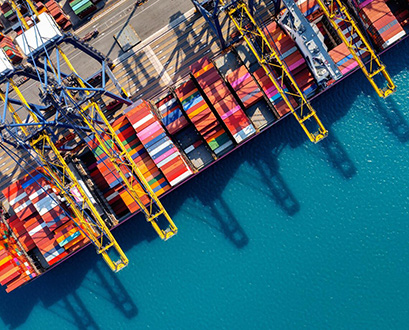

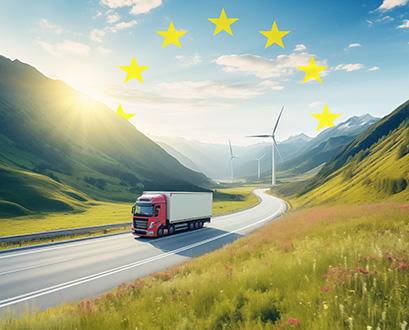
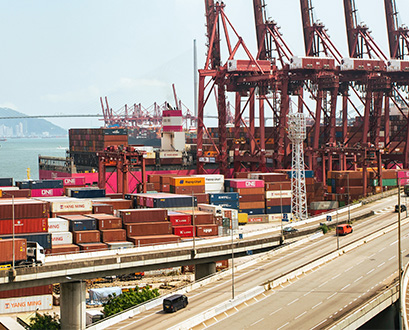

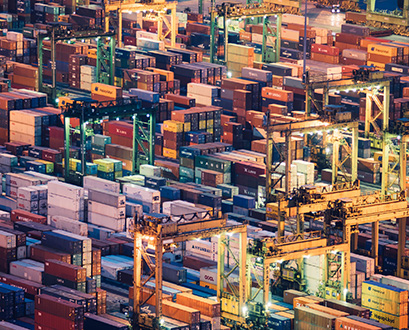
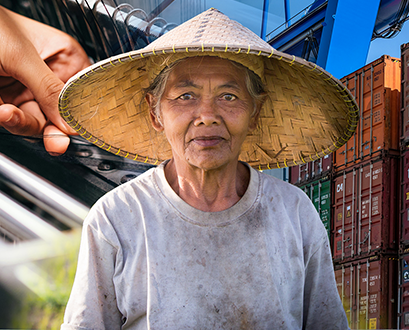

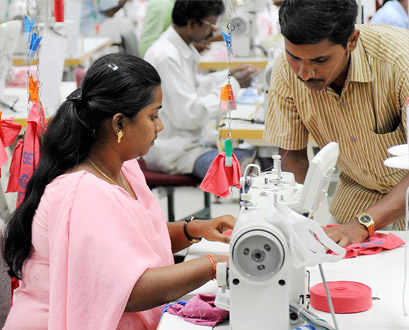
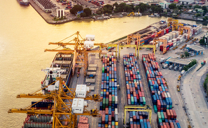
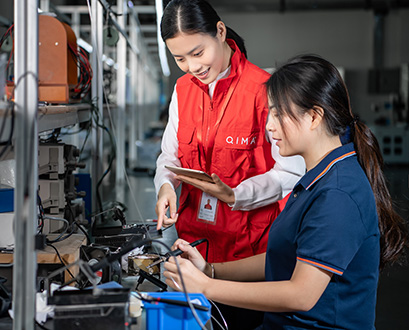
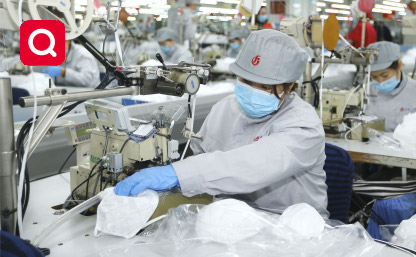
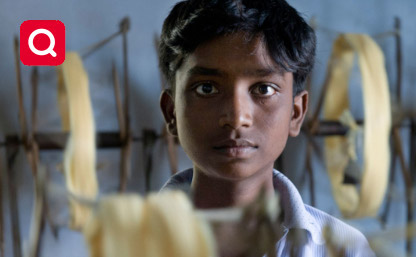
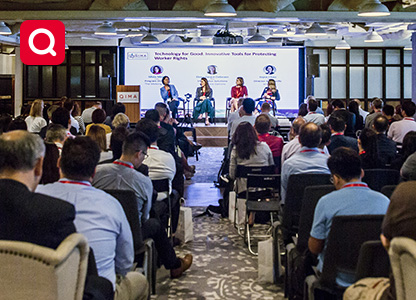
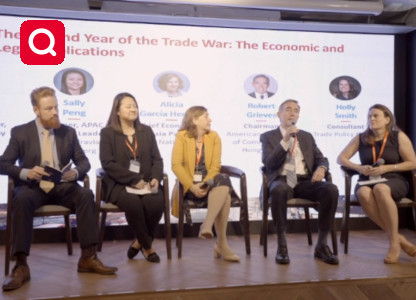
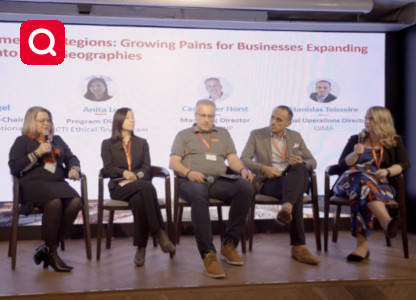
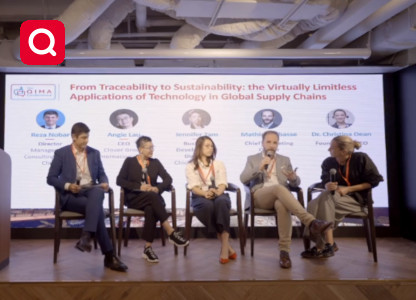

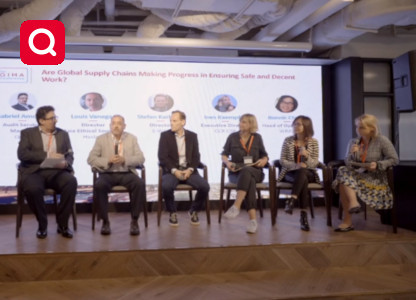
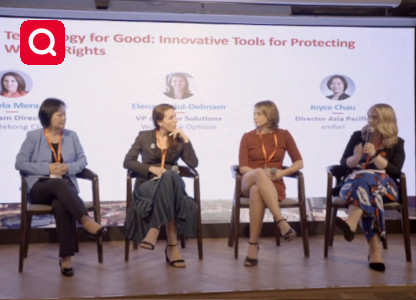
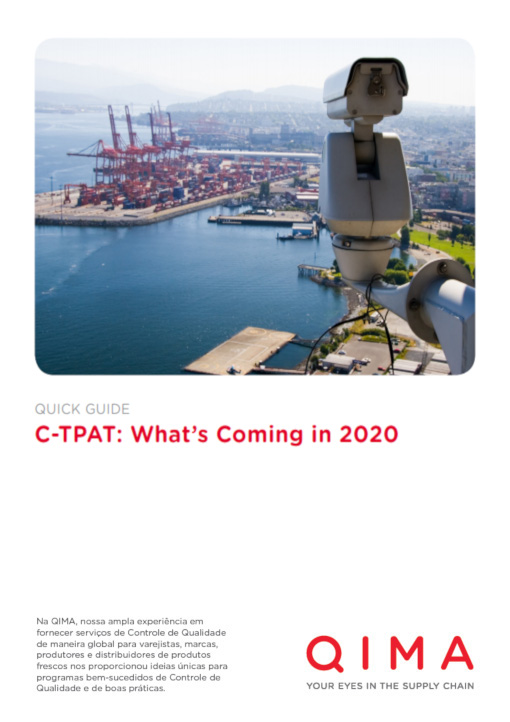
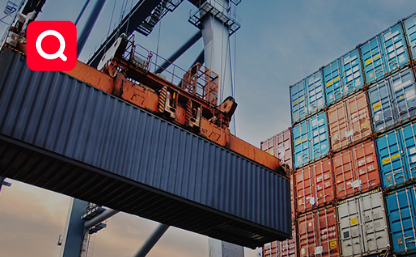
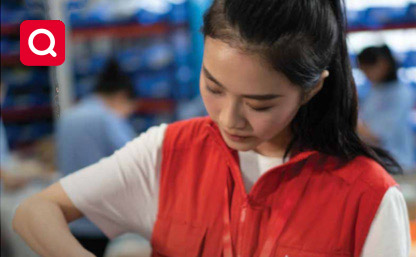
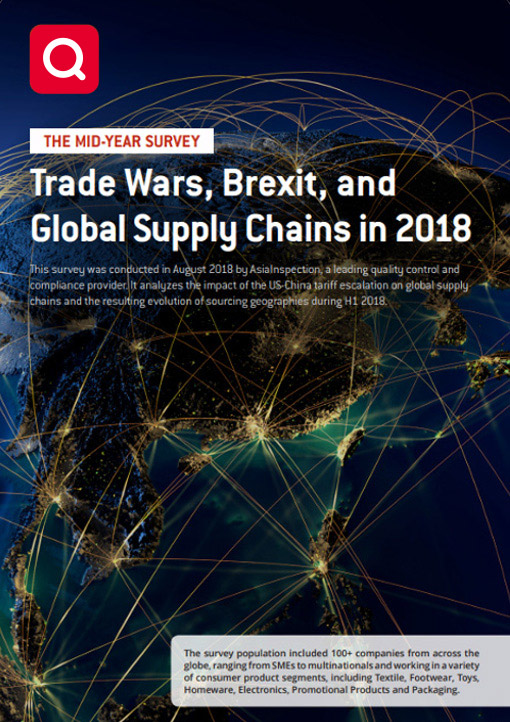
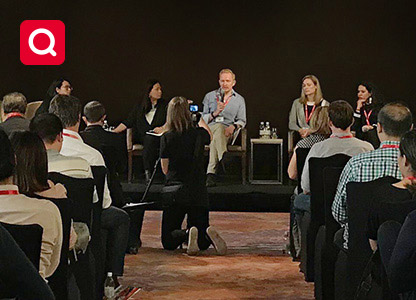
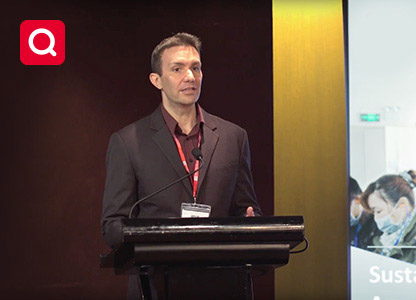
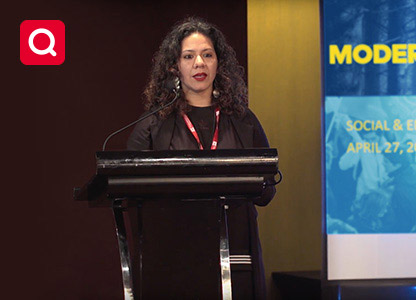



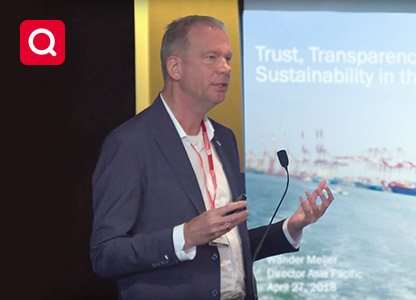
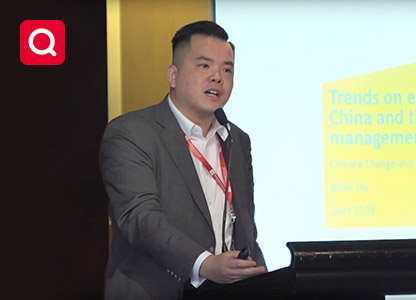

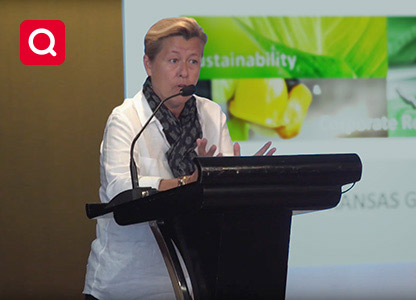

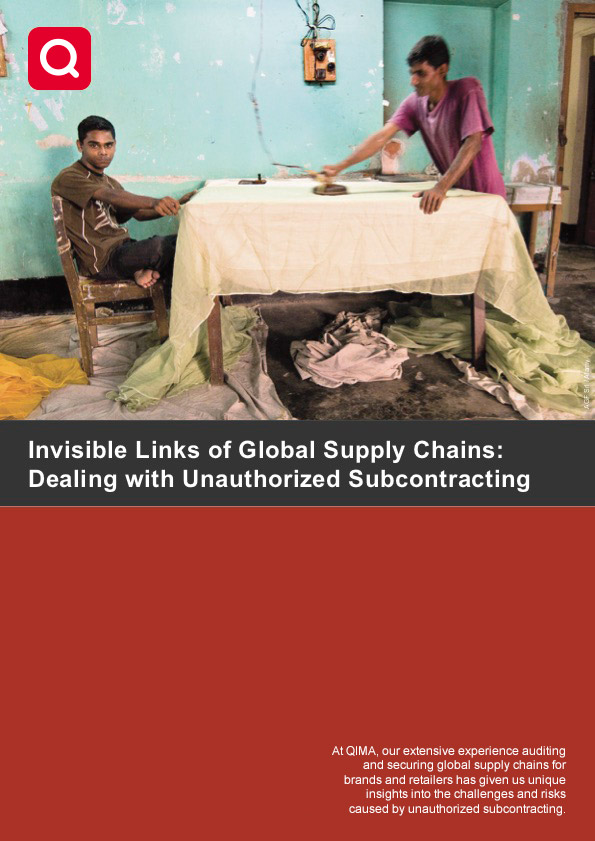
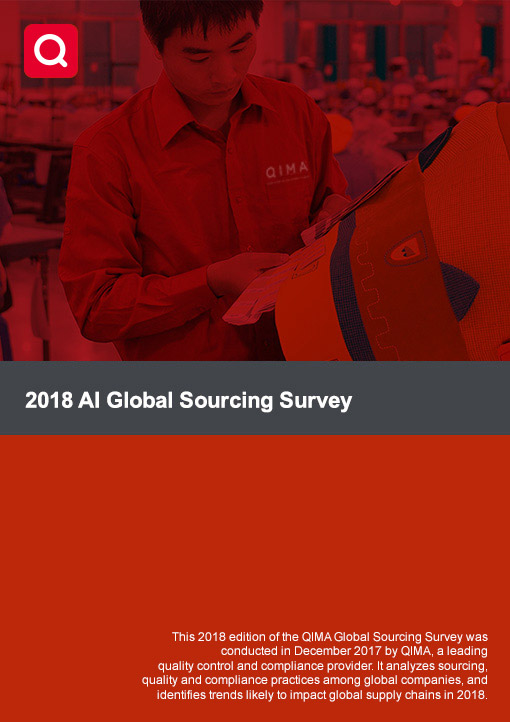
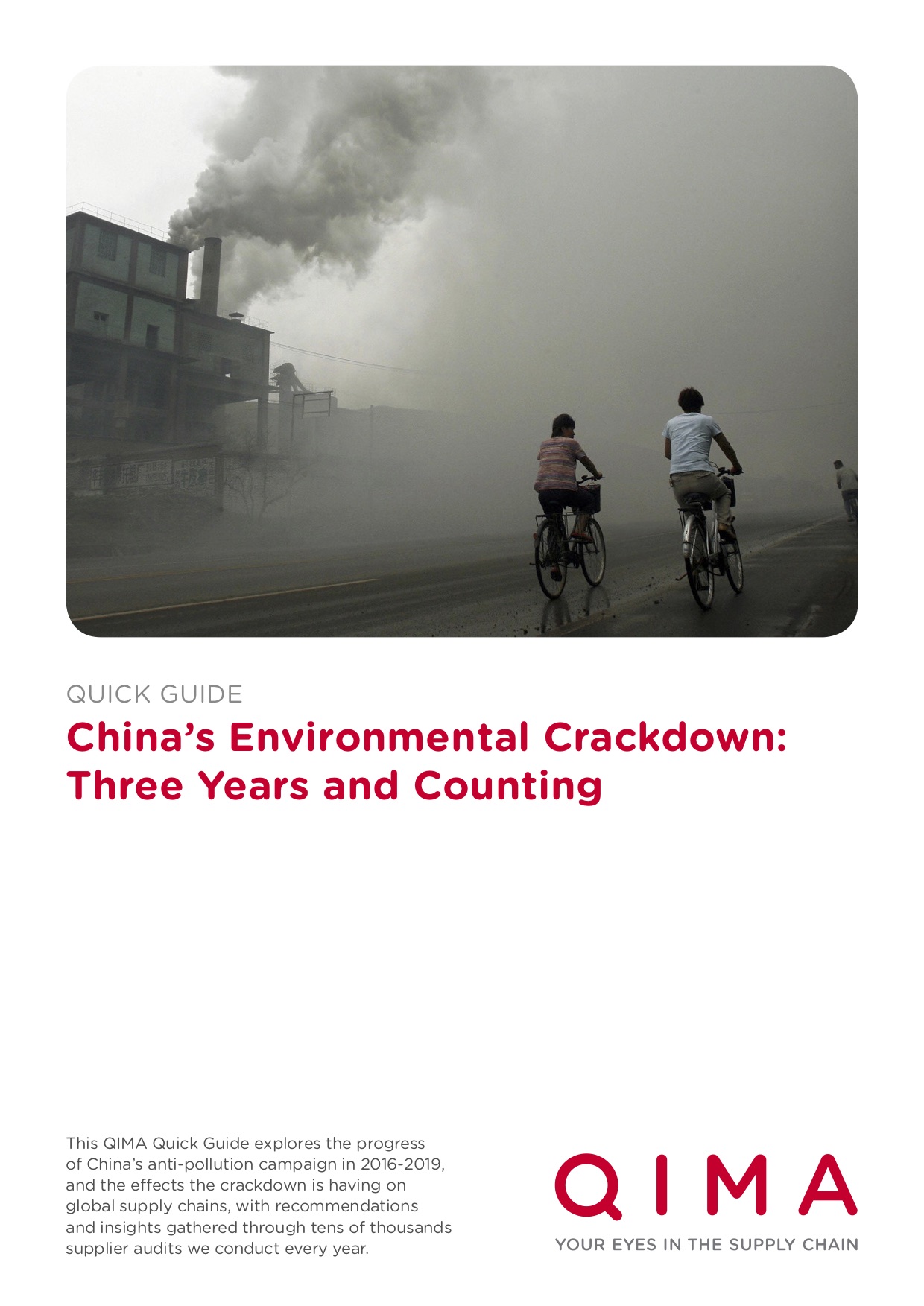
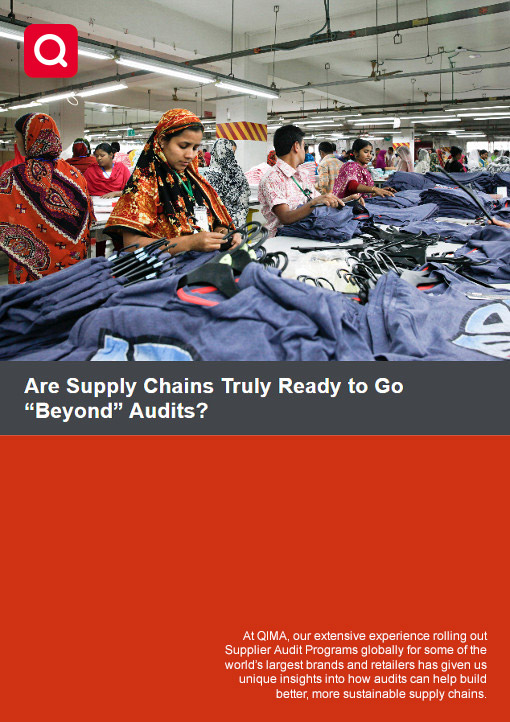
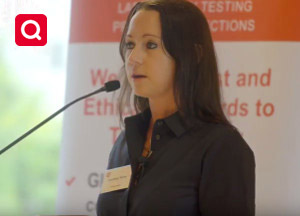
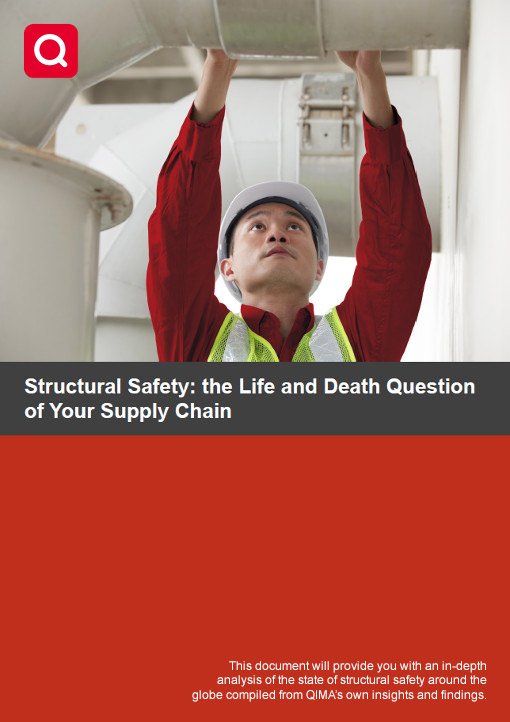
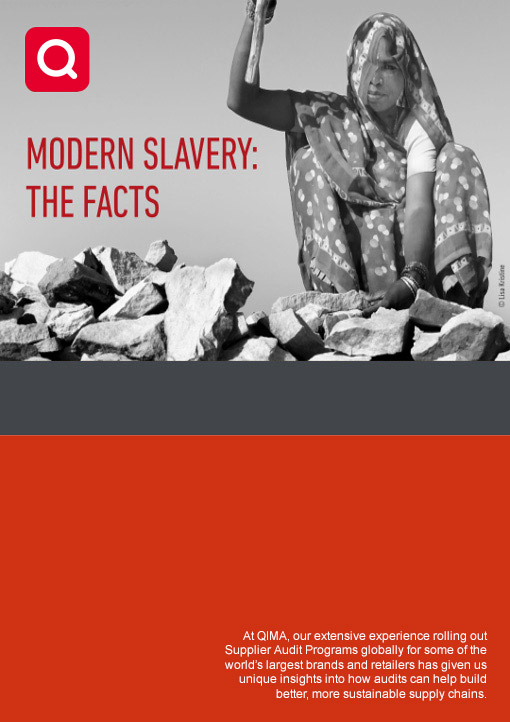
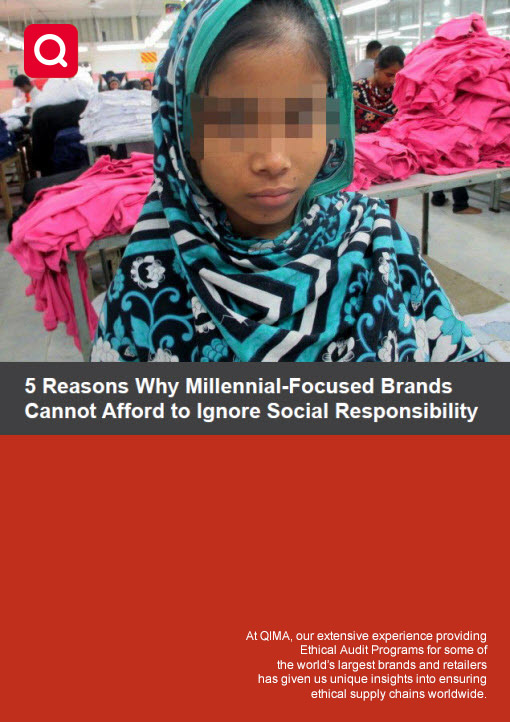
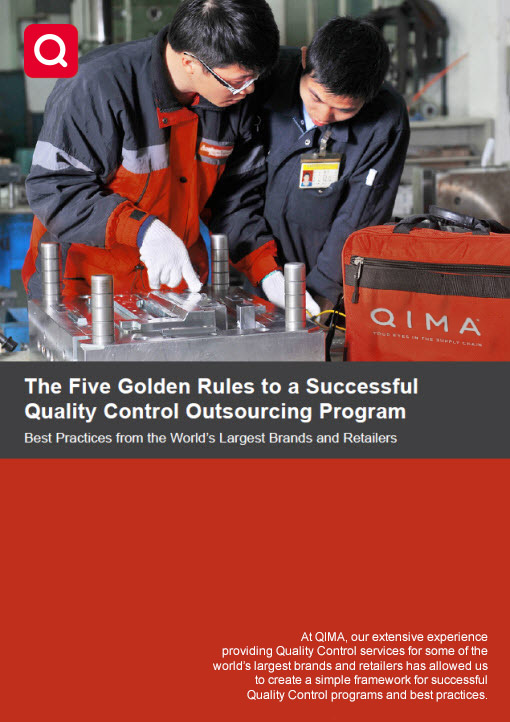
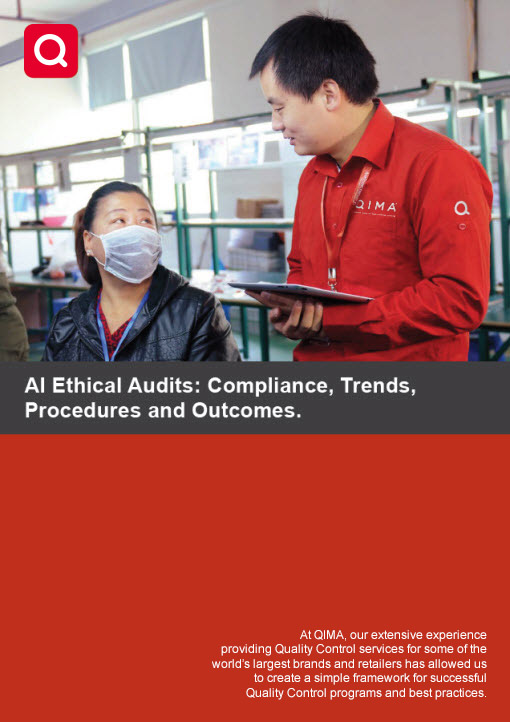
More Resources

| This site is protected by copyright and trademark laws under US and international law. |
| QIMA © 2026 |
|
ClientID:; Client:; Affiliate:;
|
 Xem Demo
Xem Demo
